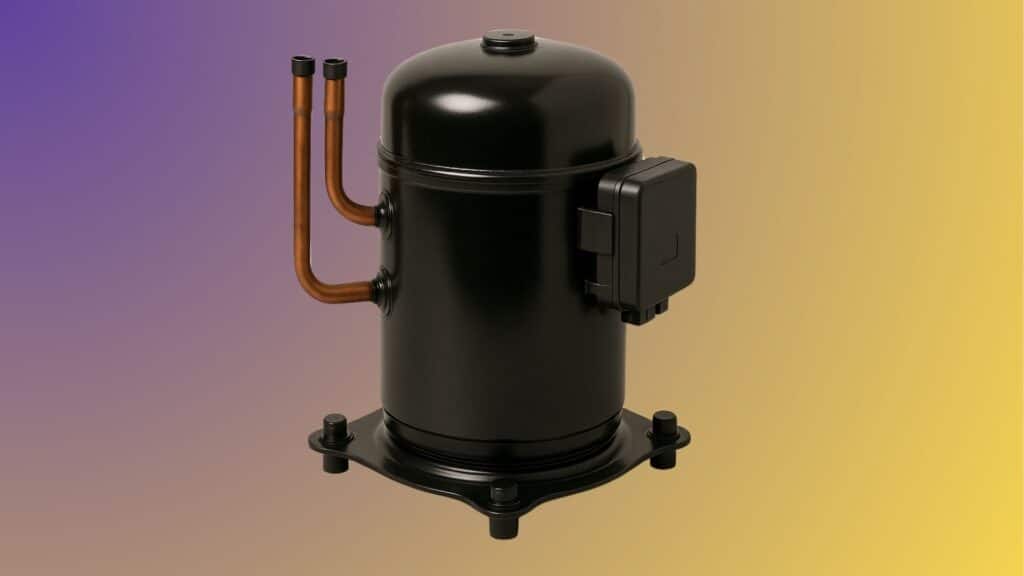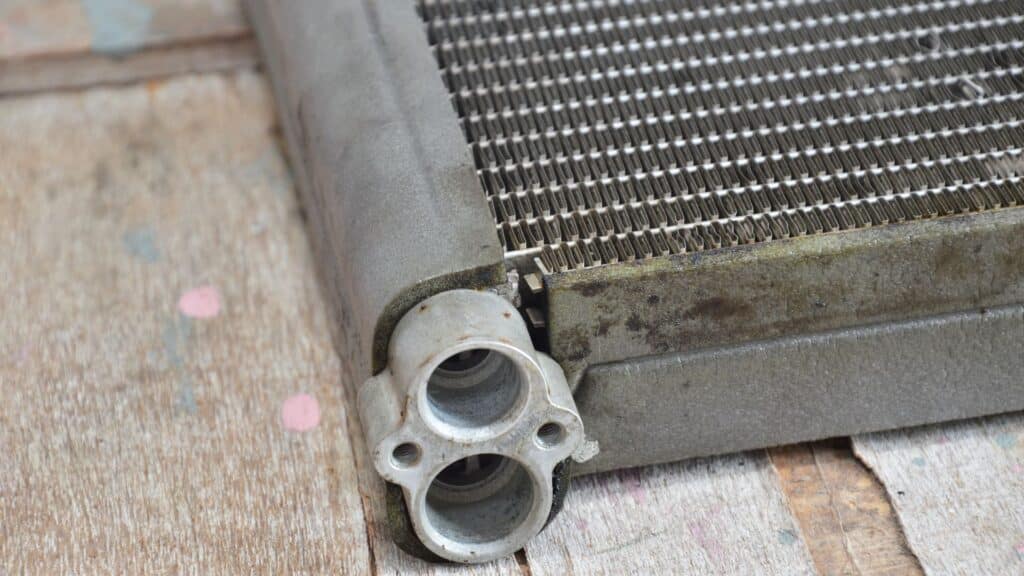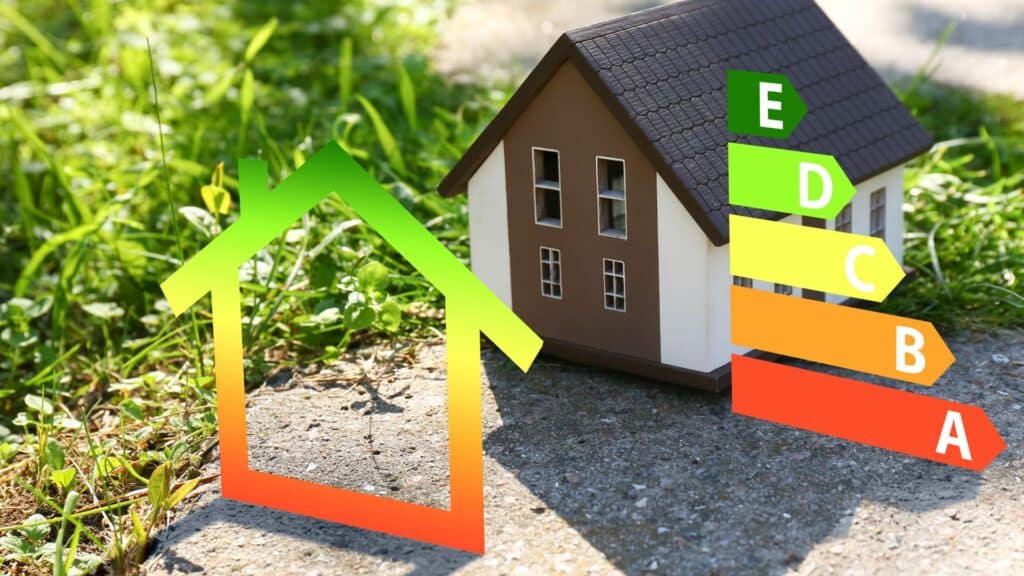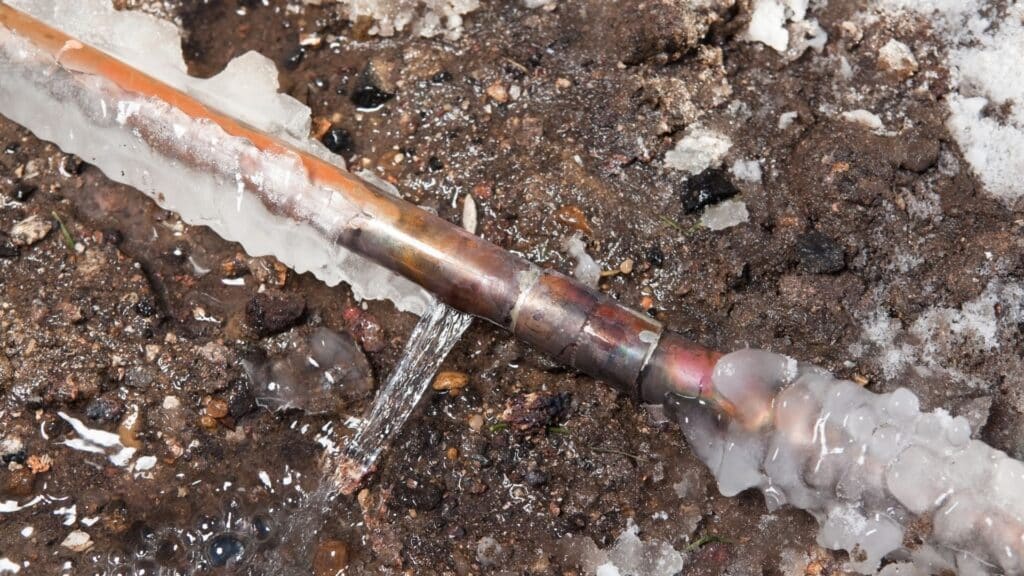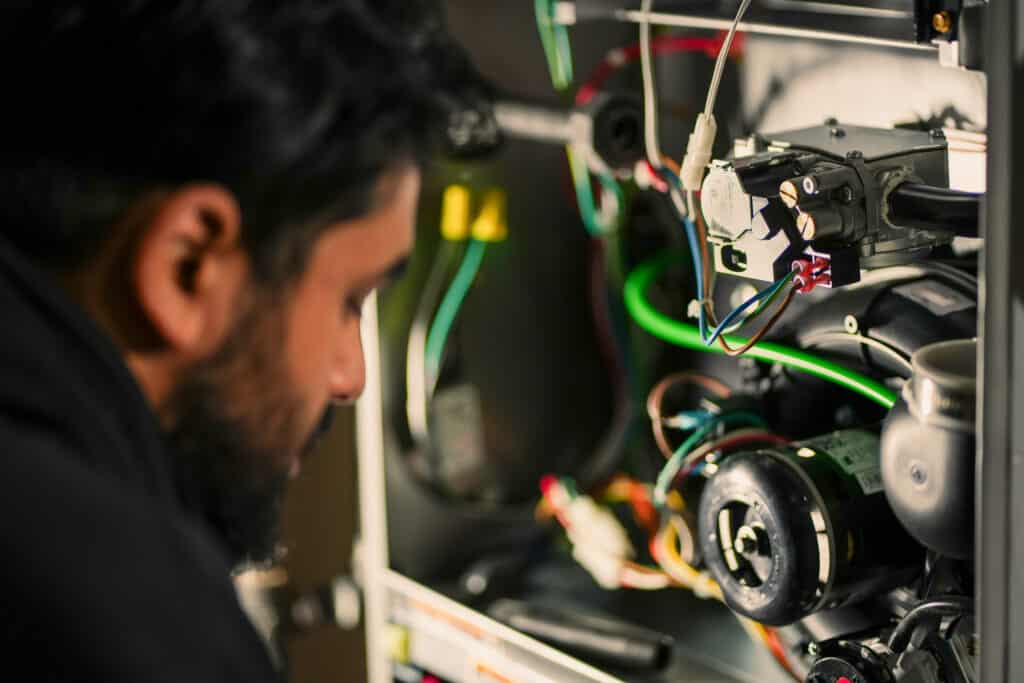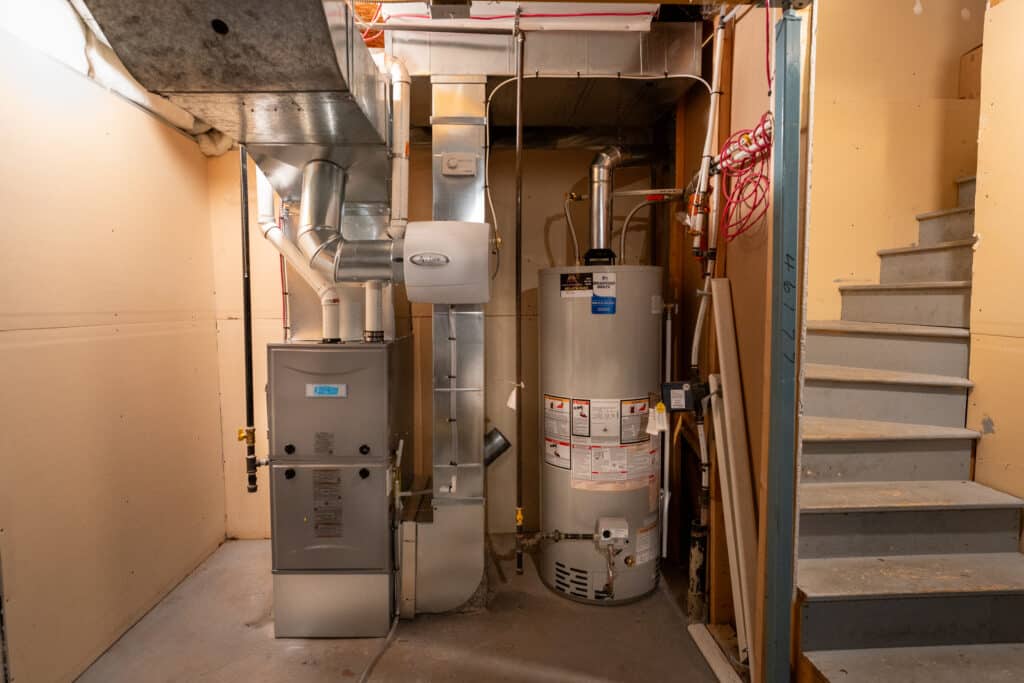A heat pump is a home heating and cooling system that is outside of the home. This is a system that can both heat and cool your entire house.
Heat pumps can help homeowners avoid installing two different systems for their home.
One of the biggest benefits of heat pumps is that they don’t burn fossil fuel as a furnace does. This makes a heat pump an eco-friendlier option that is better for the environment.
It can also help homeowners save money on their electricity, as heat pumps do not require as much energy, not to mention having only one system for both heating and cooling.
How Does a Heat Pump Work?
A heat pump works by transferring thermal energy from outside.
During cold months, a heat pump will pull heat from the cold air outside, transferring it into the home. During the hotter months of the year, it will do the opposite by pulling cold air from the heat outside.
Heat pumps run off electricity and use a refrigerant to help transfer heat into your home. Most heat pumps work by providing both heating and cooling so that a home only depends on a single system for both.
This is a more environmentally friendly option than a furnace and many other systems. It’s also a better option for most homeowners that want to keep their homes comfortable all year round.
What Types of Heat Pumps Are There?
Now that we have a better understanding of what a heat pump is, you may want to know about the types of heat pumps. There are two different kinds of heat pumps that homeowners can purchase for their home.
The most common type of heat pump is an air-source heat pump that is easy to install and affordable. Air-source heat pumps transfer indoor and outdoor air to achieve the desired temperature.
This is a simple process where either hot or cold air is extracted from outside and transferred indoors. This type of heat pump is often used for residential homes.
The other kind of heat pump is a ground-source heat pump that works completely differently. This heat pump transfers heat from inside and outside into the ground to regulate the indoor temperature.
This type of heat pump is much harder to install and can be extremely expensive. However, it is worth mentioning that these systems are usually more efficient, as the ground temperature is more consistent all year long.
Because of this, homeowners could end up saving money in the future as this heat pump runs more efficiently throughout the year. Therefore, this is more commonly installed for businesses instead of residential buildings.
Lower Running Costs
Many homeowners may look at the cost of a heat pump and think it isn’t worth the investment. This is a common stance, as heat pumps can be very expensive to buy for a home.
However, it is important to remember that heat pumps save money later on. This is meant to be a long-term investment that will pay off in the future.
It is even estimated that homeowners can save as much as 57% to 81% in energy savings a year just from having a heat pump. Over time, this will be an investment that pays off from the savings homeowners see each year.
Less Maintenance
It is a well-known fact that heat pumps generally require less maintenance than combustion heating systems. This can save money as well as time for homeowners, as the system doesn’t need to be checked as often.
It is recommended that heat pumps be checked every year just to make sure everything is running smoothly. This could be done by the homeowner or the installer, as no extensive adjustments are usually required.
However, the heat pump will need to be checked by a professional every 3 to 5 years. This is important as a professional will be able to spot issues and fix them correctly to keep the system running.
Long Lifespan
Heat pumps are generally considered to be a better investment than other systems for the home. This is because they last longer than the average system.
The lifespan of a heat pump is generally considered to be 50 years; however, it is important to mention that most heat pumps don’t end up lasting this long. Most heat pumps last 14 to 15 years on average.
This is mostly since these systems can be used for heating and cooling, creating double the wear and tear over time.
If it is well taken care of and maintenance is done as necessary, a heat pump should have a very generous lifespan.
Better Safety
One of the advantages of a heat pump is that they are safer than the normal combustion heating system. This is because heat pumps rely on electricity instead of having to burn fuel to run efficiently.
Though burning fuel is not in and of itself a safety hazard, there are concerns about these kinds of systems. Because of this, a heating system that relies on electricity is going to be the safer option.
There are fewer things that could go wrong and fewer safety concerns to keep in mind. Many people also generally prefer to stay away from fuel-burning systems in their homes.
Where Do Heat Pumps Work Best?
For homeowners who are considering getting a heat pump, the climate should be a consideration. This is because heat pumps are outside where they will be in the weather all year round.
Any system placed outside is going to do better in a particular climate.
Heat pumps are better suited for mild climates. The heat pump is relied on year-round except for when the temperatures are at freezing levels.
When this happens, the furnace will kick in and heat the home so that the heat pump doesn’t have to. This can be a great alternative if someone doesn’t live in a mild climate but still wants a heat pump.
Is a Heat Pump a Good Option?
A heat pump is a great option for many people, as it is an efficient way of heating and cooling a home. It is also one of the few options that rely on a different kind of energy instead of fossil fuels.
Does getting a heat pump sound like a good option? Contact us today at AAA Heating and Plumbing for a free quote on a heat pump option.

